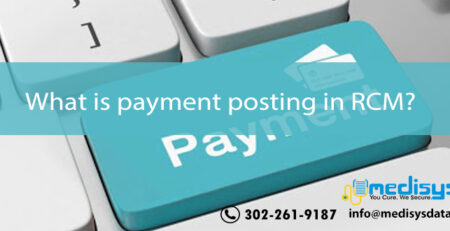Defining Medical Necessity
As per Cigna’s definition Medical Necessity means health care services that a physician, exercising prudent clinical judgment, would provide to a patient. The service must be:
- For the purpose of evaluating, diagnosing, or treating an illness, injury, disease, or its symptoms
- In accordance with the generally accepted standards of medical practice
- Clinically appropriate, in terms of type, frequency, extent, site, and duration, and considered effective for the patient’s illness, injury, or disease
- Not primarily for the convenience of the patient, health care provider, or other physicians or health care provide
According to recent survey report, claim denials cost healthcare practices around $262 billion each year. CO 50 i.e., lack of medical necessary is considered as one of the most common denial reasons. CO 50 means that the payer refused to pay the claim because they did not deem the service or procedure as medically necessary. Denials received due to lack of medical necessity are considered as hard denials as it’s difficult to recover the lost payment due to this denial. You can upgrade process flow to avoid further denials but you won’t able to receive insurance reimbursements where you are not able to prove medical necessity. It’s essential to not only understand how to solve this problem when this type of denial occurs, but also how to prevent it in the first place.
Common Reasons for Medical Necessity Denials
While there are many different reasons payers may deny a claim as CO 50 (services or procedures are not deemed a medical necessity), some of them may include:
- Lack of documentation necessary to support the length of stay
- Service provided
- Level of care
- Reason for admission
When you receive a denial due to medical necessity, reason could be one of the following:
- Inpatient criteria not being met
- Inappropriate use of the emergency room
- Length of stay
- Inappropriate level of care
Guidelines for Appealing Medical Necessity Denials
As mentioned earlier, Medical Necessity denials are had denials. While prevention is the best way to avoid these CO 50 medical necessity denials, there are things you can do to appeal a claim that’s been denied for this reason. Some of the steps include:
- Why sometimes denials have generic denial codes and it can be tough to figure out the real reason it was denied. Even if you get a CO 50, it’s a good idea to dig deeper, talk to the payer, and get an accurate explanation for non-payment.
- Remember to not simply use the original claim number, but append to note it’s a corrected claim denials to avoid it coming back to you again as a duplicate claim.
- When dealing with payers, be sure to record information like the date, reference number of the call, and the person you talk to. This way you can reference your encounter if the fight to appeal the claim requires multiple phone calls.
- Even once you resubmit a claim that’s been kicked back for a CO 50 denial, be sure to follow up at least once a month.
- When you file appeal claims, ensure appeal letters include the claim number, patient, service date, provider number and member ID. Make the letter to the point and ensure you attach supporting documentation. By having everything correct the first time, you’ll prevent having the appeal denied.
While CO 50 is a common denial code, your billing team should be better equipped to prevent and handle this denial. Medisys Data Solutions is a leading medical billing company providing complete assistance in medical billing and coding. We have great experience in collecting accurate insurance reimbursements while reducing claim denials. To know more about our billing and coding services, contact us at info@medisysdata.com/ 302-261-9187












